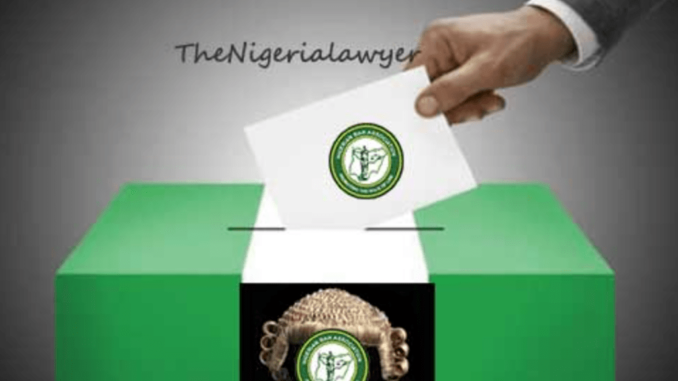
As the 2019 general elections campaign season kicks off, politicians may be upbeat about a time of noise, speeches and promises, the citizens are justifiably concerned about safety of lives, property and even the nation’s democracy itself. If the primaries recently organised by the major political parties are any indications, there is, indeed, real cause for concern.
The outcomes of the primaries were, in most cases, openly disputed within the parties, illustrating that internal democracy is still a mirage. Many of the parties’ senior officials have been dragged to court for alleged corruption of the processes.
What is worse, some governors are still calling for removal of their party leaders and even candidates.
In several cases during the chaotic exercise, election dates and even venues were arbitrarily changed at the last minute, even as winners were surreptitiously declared to the consternation of other contestants as well as most party members.
This sordid situation has compelled many citizens to worry over the safety of democracy in Nigeria.
But now that the Independent National Electoral Commission (INEC) has officially opened the campaign windows across the 36 states, the candidates, most of whom began the battle for votes long before now, should put an end to the politics of abuse, division and hate. They should begin to unfold their manifestoes and ideas to the expectant populace and discuss issues.
The most powerful enemy the citizens would like to see their leaders tackle frontally is extreme poverty. From January to September 2017, 4.07 million Nigerians reportedly lost their jobs.
The number rose from 11.92 million in the first quarter of the year to 13.58 million and 15.99 million in the second and third quarters. Between the second and third quarter, the number of economically active or working age population (15 – 64 years) increased from 110.3 million to 111.1 million.
The 2018 figures indicate that the economy remains fragile as GDP growth slowed down in the second quarter of this year.
The economy grew at 1.5 per cent in the quarter, a downturn from the 1.95 per cent growth recorded in the first quarter.
What is more frightening, in March this year, the International Monetary Fund (IMF) noted that despite the recovery of the economy from recession, more Nigerians were sliding into poverty.
In June, the Brookings Institution, a U.S.-based non-profit public policy, rated Nigeria as the poverty capital of the world, after displacing India.
Besides, the menace of Boko Haram and Fulani herdsmen, designated on the Global Terrorism Index as part of the most potent threats to global peace and security, has not yet been curbed.
Against this backdrop, the country requires urgent and actionable strategy to deal with its myriad of security challenges.
Citizens are, therefore, more interested in what candidates are going to do in their respective capacities to reverse the already deplorable situation in Nigeria.
These times, indeed, require politicians to address issues critical to the well-being of Nigerians and not unleash another reign of violence on a people who have borne a disproportionate share of violent attacks thus far.
Should they need any reminder, Nigeria’s politicians should know that their ambition is not worth the blood of any Nigerian.
They should show restraint, decorum and responsibility in their campaigns. The people are tired of hate speeches, empty accusations and counter-accusations that do not add value to the development agenda in any way.
Nigerians expect from politicians what they plan to do to solve problems. They are interested in what their leaders intend to do in education, the poor road networks all over the country and on poor healthcare facilities.
In most of the states, the salaries and allowances of workers have remained unpaid for months. The situation is the same even in the private sector. Entire families are living in despair, ravaged by hunger, and there is no respite in sight.
This is the reason Nigerians are not interested in empty promises anymore. They need action and character in leadership. They are tired of the politics of deceit.
The people will insist on their right to the common features of decency, restraint, decorum and patriotism in words and in deed as this campaign season begins. Politicians should also know that Nigeria is a leader in Africa and they should not allow their actions or words to feed the international media with stories of political violence and corruption.
Democracy is the supreme form of government. It makes the people their own rulers. Its majesty and the nobility of its tenets must not be desecrated on the campaign trail by those who seek to lead.
No one should pollute the political atmosphere, undermine the ideal only to turn around and blame INEC as well as security agencies thereafter.
For Nigeria’s democracy to advance, Nigerian politicians must do things differently this time around.
END

Be the first to comment